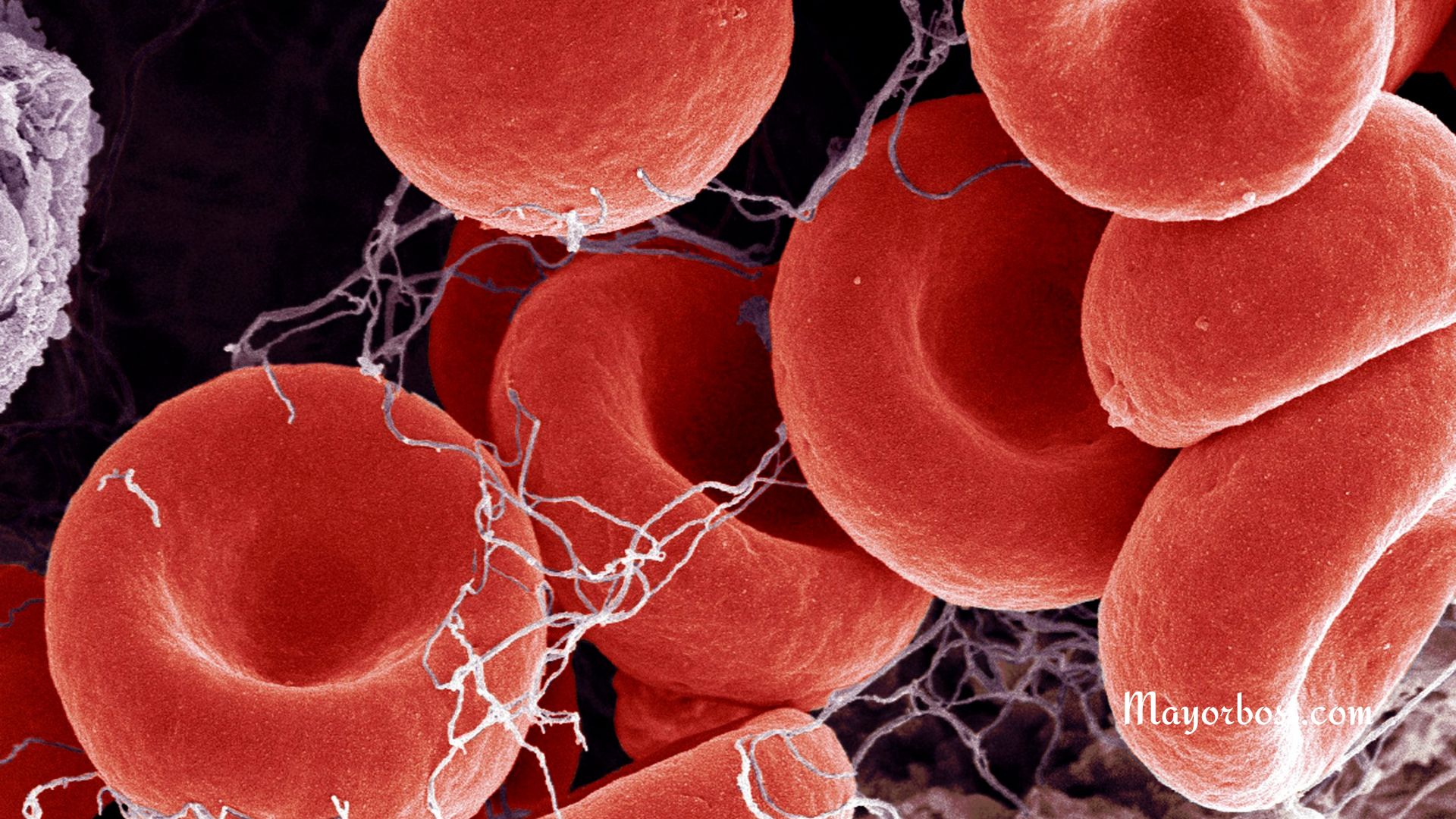Reasons Why You Should Eat More Cauliflower
Cauliflower is a superfood. It is a highly nutritious vegetable that can be used in many different ways. It’s full of vitamins, minerals, and antioxidants that can boost your health and provide you with essential nutrients. Several studies have reported that eating more cauliflower could help reduce inflammation, lower cholesterol levels, improve digestion, and even protect against cancer. There are so many benefits to eating this nutrient-rich food – here are five reasons why you should make it part of your diet today!
1. Cauliflower is packed with vitamins and minerals.
Cauliflower is an excellent source of many vitamins and minerals, including vitamin C, folate, vitamin K, potassium, manganese, magnesium, calcium, phosphorus, zinc, and iron. It is also rich in choline, a nutrient essential for enhancing memory, mood, and strength of the brain. Additionally, it can help nourish your skin as it contains significant amounts of vitamin C, which aids in collagen formation.
2. It’s a great source of antioxidants
Cauliflower contains a number of powerful antioxidants, including quercetin, kaempferol, and beta-carotene. These compounds help to protect your cells from damage caused by free radicals and can reduce inflammation throughout the body.
3. Eating cauliflower may help lower cholesterol levels
Studies have found that eating cauliflower can help to reduce levels of LDL (bad) cholesterol in the blood. This is thought to be due to its high fiber content, which helps to absorb unhealthy fats from the diet.
4. It can aid digestion and improve gut health
The fiber found in cauliflower is essential for promoting healthy digestion and helping to keep your gut bacteria balanced. Eating cauliflower can also help to regulate bowel movements and reduce the risk of constipation.
5. May support hormonal balance
Cauliflower contains compounds known as Indole-3-carbinol, which are believed to help support healthy hormone balance. Studies have found that this compound can help to reduce the levels of estrogen in the body, which can be beneficial for those with hormone-related conditions or symptoms.
6. Supports a healthy immune system
Cauliflower is rich in vitamin C, which helps to boost the immune system and protect your body against infection and disease.
7. Can help to improve heart health
Eating cauliflower regularly has been associated with a decrease in blood pressure and an improvement in overall cardiovascular health. This is because of its beneficial effects on cholesterol levels as well as its high content of potassium, which helps to reduce the risk of stroke and heart disease.
8. It may even protect against cancer
There is some promising research that cauliflower can help protect against certain types of cancer, including breast, stomach, and colorectal cancers. This is likely due to its high content of glucosinolates and ndole-3-carbinol, which are compounds found in cruciferous vegetables that have been linked to cancer prevention.
9. May help you lose weight
Consuming cauliflower regularly can help you to lose weight as it is low in calories and high in fiber. This can make you feel fuller for longer, which helps to reduce cravings and keep you feeling satiated throughout the day.
Overall, cauliflower offers a range of health benefits, so try incorporating it into your regular diet!
Article Sources
- Manchali, S., Chidambara Murthy, K. N., & Patil, B. S. (2012). Crucial facts about health benefits of popular cruciferous vegetables. Journal of Functional Foods, 4(1), 94-106. https://doi.org/10.1016/j.jff.2011.08.004
- The Top 8 Health Benefits of Cauliflower. https://www.healthline.com/nutrition/benefits-of-cauliflower
- Sanders, L. M., & Zeisel, S. H. (2007). Choline: Dietary Requirements and Role in Brain Development. Nutrition today, 42(4), 181. https://doi.org/10.1097/01.NT.0000286155.55343.fa
- Higdon, J. V., Delage, B., Williams, D. E., & Dashwood, R. H. (2007). Cruciferous Vegetables and Human Cancer Risk: Epidemiologic Evidence and Mechanistic Basis. Pharmacological research: The official journal of the Italian Pharmacological Society, 55(3), 224. https://doi.org/10.1016/j.phrs.2007.01.009






